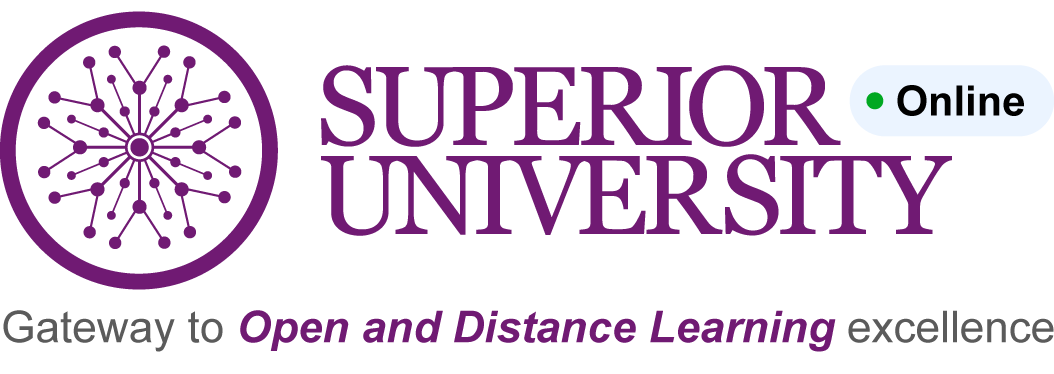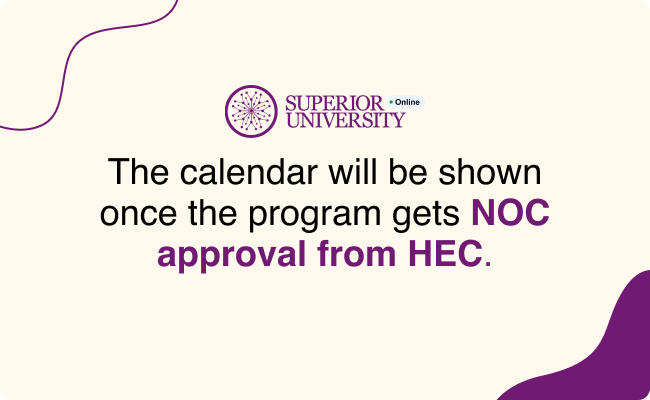BS Accounting & Finance
Program Educational Objectives (PEOs)
The following program educational objectives (PEOs) are expected to be demonstrated by BS Accounting and Finance graduates within 4 years of their graduation.
PEO 1: Graduates will be equipped with applied knowledge and skills necessary to prepare financial statements, make informed investment and financing decisions, and manage cash flow forecasting in publicly listed companies. This objective emphasizes the importance of understanding financial data and its implications for business operations.
PEO 2: Graduates will enhance their research capabilities, enabling them to address complex business challenges. By utilizing the latest research methods and honing critical thinking skills, graduates will demonstrate the ability to perform managerial tasks effectively at operational and strategic levels within specialized organizations.
PEO 3: Graduates will develop strong communication skills and leadership qualities, essential for success in financial institutions, joint stock companies, and finance societies. The program fosters ethical attitudes, effective teamwork skills, and a multidisciplinary approach, ensuring that graduates can collaborate and lead in diverse environments.
PEO 4: Graduates will exhibit emotional intelligence, showcasing leadership potential, innovation, and an entrepreneurial mindset. This objective focuses on preparing students to navigate the complexities of the modern business world, where adaptability and creativity are paramount.
Program Learning Outcomes (PLOs)
Here are the Program Learning Outcomes (PLOs) for the BS Accounting and Finance program, based on the provided details:
PLO 1: Application of Business Fundamentals
An ability to apply knowledge of mathematics, economics, management, marketing, and finance fundamentals to solve complex business problems. This foundation ensures that graduates can analyze various business scenarios effectively.
PLO 2: Auditing and Taxation Proficiency
Demonstrate an understanding of current auditing standards and practices, preparing audit reports, and applying cost accounting methods to evaluate and project business performance, including an understanding of individual income taxation.
PLO 3: Problem-Solving and Research
An ability to design solutions, identify and formulate problems, conduct literature research, and analyze complex business problems, reaching substantiated conclusions using principles of accounting, finance, and management.
PLO 4: Critical Analysis of Financial Data
Employ critical thinking skills to analyze financial data and assess the effects of different financial accounting methods on financial statements, ensuring informed decision-making.
PLO 5: Understanding Societal Impact
An ability to understand the impact of economic solutions in societal and environmental contexts, employing knowledge of societal, health, safety, legal, and cultural issues for sustainable development.
PLO 6: Entrepreneurial Skills
An ability to exhibit entrepreneurial skills necessary for implementing new business ideas innovatively, fostering an entrepreneurial spirit among graduates.
PLO 7: Ethical Practices
Apply ethical principles and commit to professional ethics and responsibilities, adhering to norms of business practice, which is crucial in the finance sector
PLO 8: Teamwork and Collaboration
An ability to work effectively, either individually or in a team, in multifaceted and/or multidisciplinary settings, preparing graduates for diverse workplace environments.
PLO 9: Effective Communication
An ability to communicate effectively, both orally and in writing, on complex corporate activities, including the ability to comprehend and write effective reports, design documentation, make presentations, and provide clear instructions.
PLO 10: Financial Decision-Making
Apply appropriate judgment derived from knowledge of accounting theory to financial analysis and decision-making, ensuring that graduates can make sound financial decisions.
PLO 11: Lifelong Learning
An ability to recognize the importance of and pursue lifelong learning in the broader context of innovation and development, fostering a mindset of continuous improvement.
PEOs-PLOs Mapping
| PLOs | PEOs | |||
|---|---|---|---|---|
| PEO 1 | PEO 2 | PEO 3 | PEO 4 | |
| PLO-01: Application of Business Fundamentals | ✓ | |||
| PLO-02: Auditing and Taxation Proficiency | ✓ | ✓ | ||
| PLO-03: Problem-Solving and Research | ✓ | ✓ | ||
| PLO-04: Critical Analysis of Financial Data | ✓ | |||
| PLO-05: Understanding Societal Impact | ✓ | |||
| PLO-06: Entrepreneurial Skills | ✓ | |||
| PLO-07: Ethical Practices | ✓ | |||
| PLO-08: Teamwork and Collaboration | ✓ | |||
| PLO-09: Effective Communication | ✓ | |||
| PLO-10: Financial Decision-Making | ✓ | |||
| PLO-11: Lifelong Learning | ✓ | ✓ | ||


